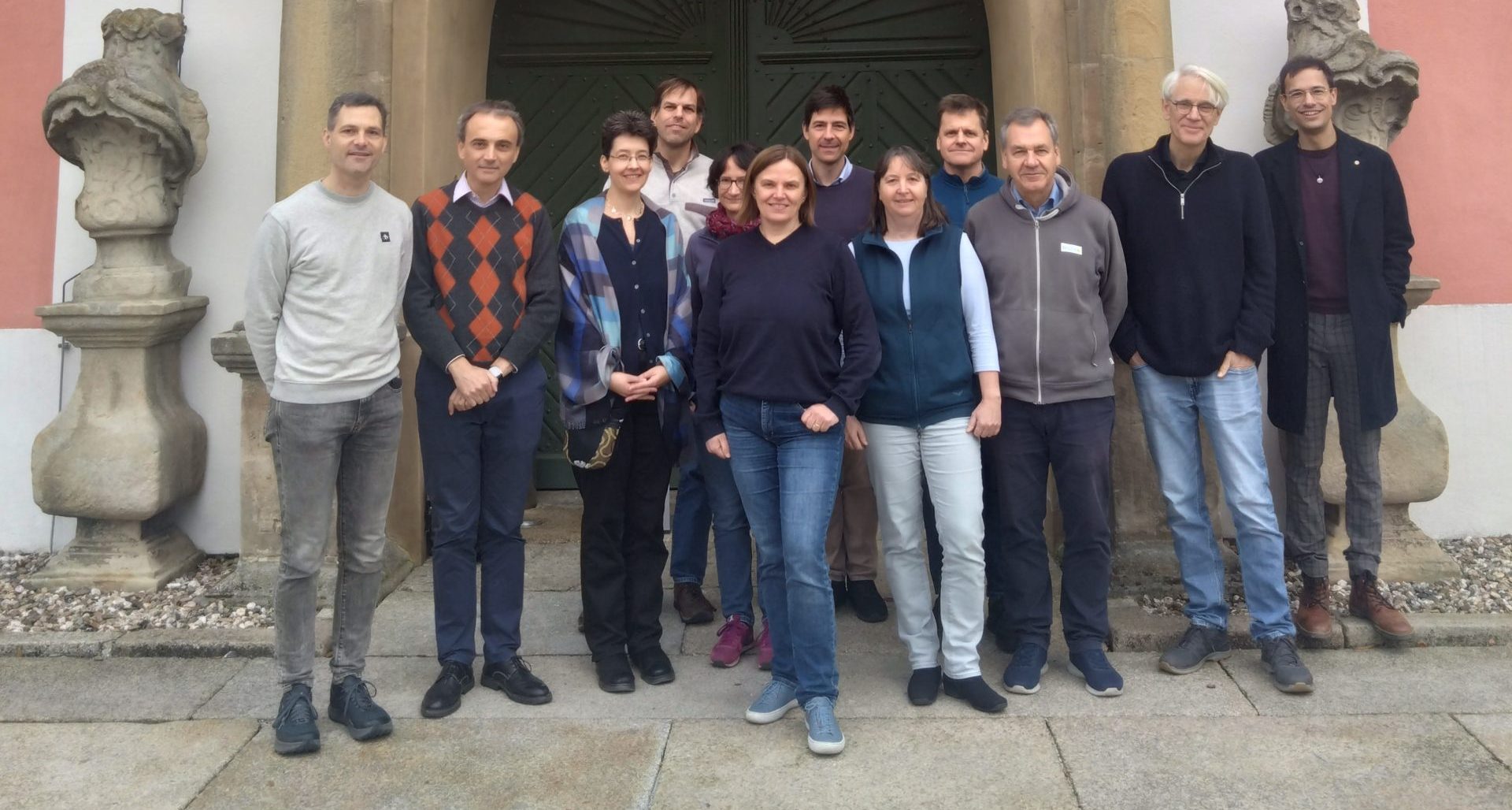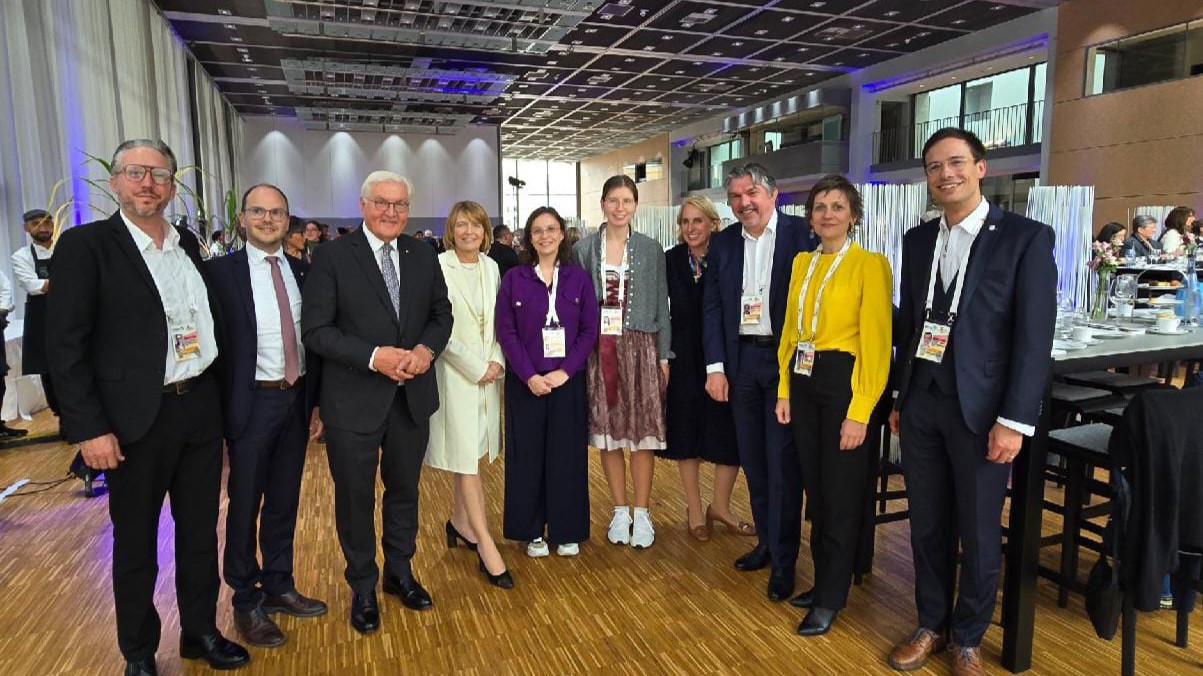How is artificial intelligence transforming mathematical research? What role can it play in university teaching? And how can we ensure that AI methods meet the high standards of mathematical precision?
These questions were the focus of a workshop hosted by the Mathematical Institute of Humboldt-Universität zu Berlin, held in November 2025 at the International AI Science and Meeting Center Kloster Speinshart.
The Mathematical Institute in Berlin is distinguished by its exceptionally broad profile: it combines cutting-edge research in algebra and geometry, applied mathematics in optimization, numerical analysis and stochastics, as well as a strong emphasis on mathematics education and teacher training.
Through its involvement in the MATH+ Cluster of Excellence, the institute plays a key role in data-driven research—ranging from material sciences to the humanities and social sciences.
This diversity provides an ideal foundation for exploring the role of AI in mathematics in a comprehensive way.
The workshop addressed several major challenges:
1. AI in Mathematical Research
How can machine learning and deep learning be meaningfully integrated into highly precise mathematical processes?
What new models and algorithms might emerge as a result?
How can we address the black-box problem and enhance explainability?
2. Data Quality and Infrastructure
Requirements for high-quality mathematical data
Best practices for processing large datasets
Technical prerequisites for using AI in research and teaching
3. Teaching in Transition
AI-based tutoring systems and personalized learning pathways
Integration into existing teaching and competition formats (e.g., the Kangaroo Mathematics Competition)
Dealing with acceptance, trust, and skepticism within the community
The workshop combined lectures, panel discussions, and practical hands-on sessions.
International and regional experts from mathematics, AI, and mathematics education were invited to contribute.
By the end of the three-day event, one message was clear: integrating AI into mathematics is not merely a technical task—it is a fundamental question about the future of research, teaching, and scientific culture.
The workshop may thus become an important catalyst for greater precision, transparency, and innovation at the intersection of AI and mathematics.





Join the conversation